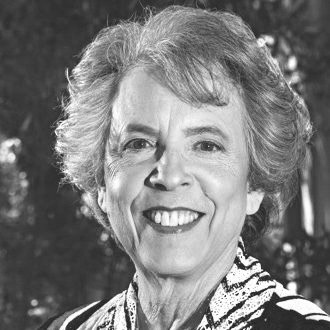I am usually in shul on Shabbat morning. But this Shabbat will be different. Inspired by the words of Rabbi Abraham Joshua Heschel after the march in Selma: “I felt my legs were praying,” I will join the Women’s March in LA, as women (and our allies) will reach across race, class, religion and culture to make clear our commitment to protect the marginalized among us. The Women’s March, in so many cities across the country as well as our national capital, describes in its mission statement:
“In the spirit of democracy and honoring the champions of human rights, dignity, and justice who have come before us, we join in diversity to show our presence in numbers too great to ignore. The Women’s March on Washington will send a bold message to our new government on their first day in office, and to the world that women’s rights are human rights. We stand together, recognizing that defending the most marginalized among us is defending all of us.”
How powerful that this event takes place on the day that the Jewish community reads the story of the first recorded act of civil disobedience. It is found in this week’s Torah portion which begins the book of Exodus — the story of Shifra and Puah, the midwives who defy the order of Pharaoh to kill Hebrew baby boys as they are born. These midwives are described as “midwives the Hebrews.” (Exodus 1:15) Were they Israelite or Egyptian? Not clear from the text. But what is clear is that they answered to a higher authority than the Pharaoh. They were a conspiracy of women — midwives and mothers. And through this conspiracy, a baby boy is saved. But the conspiracy is not just of midwives and mothers. It is also of servants and daughters of powerful rulers.
The baby’s mother Yocheved protects him as long as she can, and then puts him in a basket with his sister Miriam watching by the side of the river. And then : “The daughter of Pharaoh came down to bathe in the Nile…, She saw the basket among the reeds and sent her servant girl to fetch it. When she opened it, she saw that it was a child, a boy crying. She took pity on it and said: “This must be a Hebrew child.” Then his sister asked Pharaoh’s daughter, “Shall I go and get one of the Hebrew women to nurse the baby for you?” “Yes, go,” she answered. So the girl went and got the baby’s mother. Pharaoh’s daughter said to her, “Take this baby and nurse him for me, and I will pay you.” So the woman took the baby and nursed him. When the child grew up, she brought him to Pharaoh’s daughter who made him her son. She named him Moses…” (Exodus 5-10)
How could Pharaoh’s daughter not suspect this was the baby’s sister? How could she not know that this wet nurse was really the baby’s mother? She must have known that she too was part of the conspiracy of women who made a safe space for Moses. They all stood together, recognizing that defending the most marginalized among them could change the world.
I will keep this in mind, praying with my legs, and with so many others embrace the mission of this March:
“We stand together in solidarity with our partners and children for the protection of our rights, our safety, our health, and our families – recognizing that our vibrant and diverse communities are the strength of our country.” (from the Women’s March Mission Statement)
Laura Geller is rabbi emerita at Temple Emanuel of Beverly Hills.























 More news and opinions than at a Shabbat dinner, right in your inbox.
More news and opinions than at a Shabbat dinner, right in your inbox.